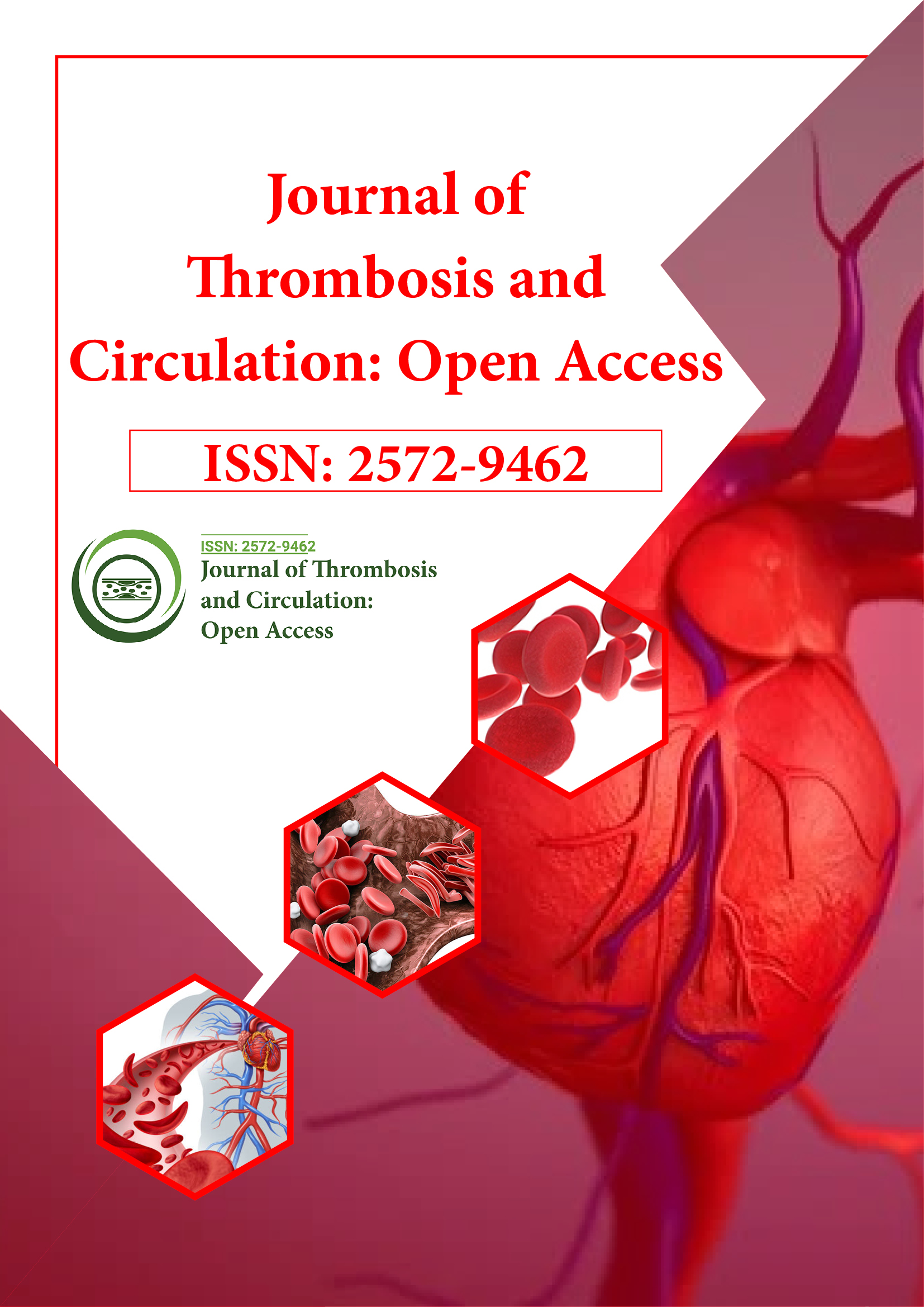糥еЉХдЇО
- еПВиАГжРЬ糥
- еУИеІЖиЊЊе§Іе≠¶
- дЇЪеИ©ж°СйВ£еЈЮEBSCO
- жЩЃеЄГйЪЖжЦѓ
- и∞Јж≠Ме≠¶жЬѓ
жЬЙзФ®зЪДйУЊжО•
еИЖдЇЂж≠§й°µйЭҐ
жЬЯеИКдЉ†еНХ

еЉАжФЊиОЈеПЦжЬЯеИК
жКљи±°зЪД
Churg-Strauss зїЉеРИеЊБзЪДеЖ†зКґеК®иДЙеПЧзіѓз±їдЉЉжА•жАІеЖ†зКґеК®иДЙзїЉеРИеЊБпЉЪеЕЄеЮЛзЧЕдЊЛеПКжЦЗзМЃзїЉињ∞
Buccheri DгАБChirco PRгАБPiraino DгАБCarella MгАБFranca ELгАБCortese B еТМ Andolina G
Churg-Strauss зїЉеРИеЊБжШѓдЄАзІНзљХиІБзЪДи°АзЃ°зВОпЉМељ±еУНе∞ПеИ∞дЄ≠з≠Йе§Іе∞ПзЪДи°АзЃ°пЉМжЬАињСжЫіеРНдЄЇеЧЬйЕЄжАІиВЙиКљиВњжАІе§Ъи°АзЃ°зВОгАВзЊОеЫљй£ОжєњзЧЕе≠¶дЉЪжПРеЗЇдЇЖдї•дЄЛиѓКжЦ≠ж†ЗеЗЖпЉЪеУЃеЦШгАБзЩљзїЖиГЮиЃ°жХ∞дЄ≠еЧЬйЕЄжАІз≤ТзїЖиГЮе§ІдЇО 10%гАБеНХз•ЮзїПзЧЕжИЦе§Ъз•ЮзїПзЧЕгАБX зЇњж£АжЯ•еПСзО∞зЪДжЄЄиµ∞жАІжИЦзЯ≠жЪВжАІиВЇйГ®йШіељ±гАБйЉїжЧБ癶еЉВеЄЄдї•еПКи°АзЃ°е§ЦзїДзїЗеЧЬйЕЄжАІз≤ТзїЖиГЮ浪洶зЪДиѓБжНЃгАВиѓКжЦ≠иЗ≥е∞СйЬАи¶Бжї°иґ≥дЄКињ∞еЕ≠дЄ™ж†ЗеЗЖдЄ≠зЪДеЫЫдЄ™гАВ16-50% зЪДзЧЕдЊЛеЈ≤иѓБеЃЮжЬЙењГиДПеПЧзіѓпЉМеєґдЄФйАЪеЄЄи°®зО∞дЄЇжА•жАІеЖ†зКґеК®иДЙзїЉеРИеЊБжИЦдЄОдєЛзЫЄдЉЉгАВж≠§е§ЦпЉМеЃГеПѓеѓЉиЗіе§ІзЇ¶дЄАеНКзЪДж≠їдЇ°гАВеЧЬйЕЄжАІз≤ТзїЖиГЮдїЛеѓЉзЪДењГиДПжНЯдЉ§еПѓзїПеОЖдЄЙдЄ™йШґжЃµпЉЪжА•жАІеЭПж≠їгАБдЄ≠йЧіи°Аж†У嚥жИРеТМжЬАзїИзЇ§зїіеМЦгАВеЈ≤зЯ•еЧЬйЕЄжАІз≤ТзїЖиГЮ浪洶еПѓжНЯдЉ§ењГеЖЕиЖЬеТМи°АзЃ°еЖЕзЪЃгАВиЊГе∞СиІБдљЖеРМж†ЈйЗНи¶БзЪДжШѓељ±еУНе∞ПењГиВМи°АзЃ°еТМеЖ†зКґеК®иДЙзЪДи°АзЃ°зВОпЉМеЕґеПѓеѓЉиЗіењГиВМзЉЇи°АпЉМдї•еПКзФ±дЇОеЧЬйЕЄжАІз≤ТзїЖиГЮ浪洶еТМеЧЬйЕЄжАІиЫЛзЩљдїЛеѓЉзЪДзЫіжО•зїЖиГЮжѓТжАІжНЯдЉ§иАМеѓЉиЗіеЖ†зКґеК®иДЙжЙ©еЉ†еТМеК®иДЙзШ§гАВж≠§е§ЦпЉМChurg-Strauss зїЉеРИеЊБзЪДдЄАзІНдЄНеЄЄиІБи°®зО∞жШѓеЖ†зКґеК®иДЙи°АзЃ°зЧЙжМЫпЉМеПѓеѓЉиЗіењГзїЮзЧЫгАБжА•жАІеЖ†зКґеК®иДЙзїЉеРИеЊБзФЪиЗ≥ењГжЇРжАІдЉСеЕЛгАВзЪЃиі®з±їеЫЇйЖЗпЉИж≥Ље∞ЉжЭЊжИЦеЕґз≠ЙжХИиНѓзЙ©пЉЙдїНзДґжШѓ Churg-Strauss зїЉеРИеЊБж≤їзЦЧзЪДеЯЇзЯ≥пЉМиАМз°ЂеФСеШМеС§жИЦзОѓз£ЈйЕ∞иГЇеИЩйАВзФ®дЇОж≤їзЦЧеЕЈжЬЙдЄНиЙѓйҐДеРОеЫ†зі†жИЦжШУе§НеПСзЪДжВ£иАЕгАВChurg-Strauss зїЉеРИеЊБзЪДйҐДеРОиЙѓе•љпЉМжВ£иАЕзЪД 10 еєіжАїзФЯе≠ШзОЗдЄЇ 81-92%гАВзДґиАМпЉМињЩзІНзЦЊзЧЕзЪДеЖ†зКґеК®иДЙеПЧзіѓеПѓиГљжШѓеЉ•жЉЂжАІзЪДпЉМеєґдЄФжШѓдЄАзІНеН±еПКзФЯеСљзЪДзЦЊзЧЕгАВжЬЙйЙідЇОж≠§пЉМжКЧи°Ае∞ПжЭњиНѓзЙ©пЉИй¶ЦеЕИжШѓйШњеПЄеМєжЮЧпЉЙеПѓеЬ®еЖ†зКґеК®иДЙдЄАзЇІйҐДйШ≤йҐЖеЯЯињЫи°МиѓДдЉ∞гАВеЬ®ињЩйЗМпЉМжИСдїђдїОењГиДПзЧЕе≠¶зЪДиІТеЇ¶жППињ∞дЇЖдЄАдЄ™зЧЕдЊЛжК•еСКеТМжЦЗзМЃзїЉињ∞пЉМйЗНзВєдїЛзїНдЇЖеЖ†зКґеК®иДЙеПЧзіѓгАВ